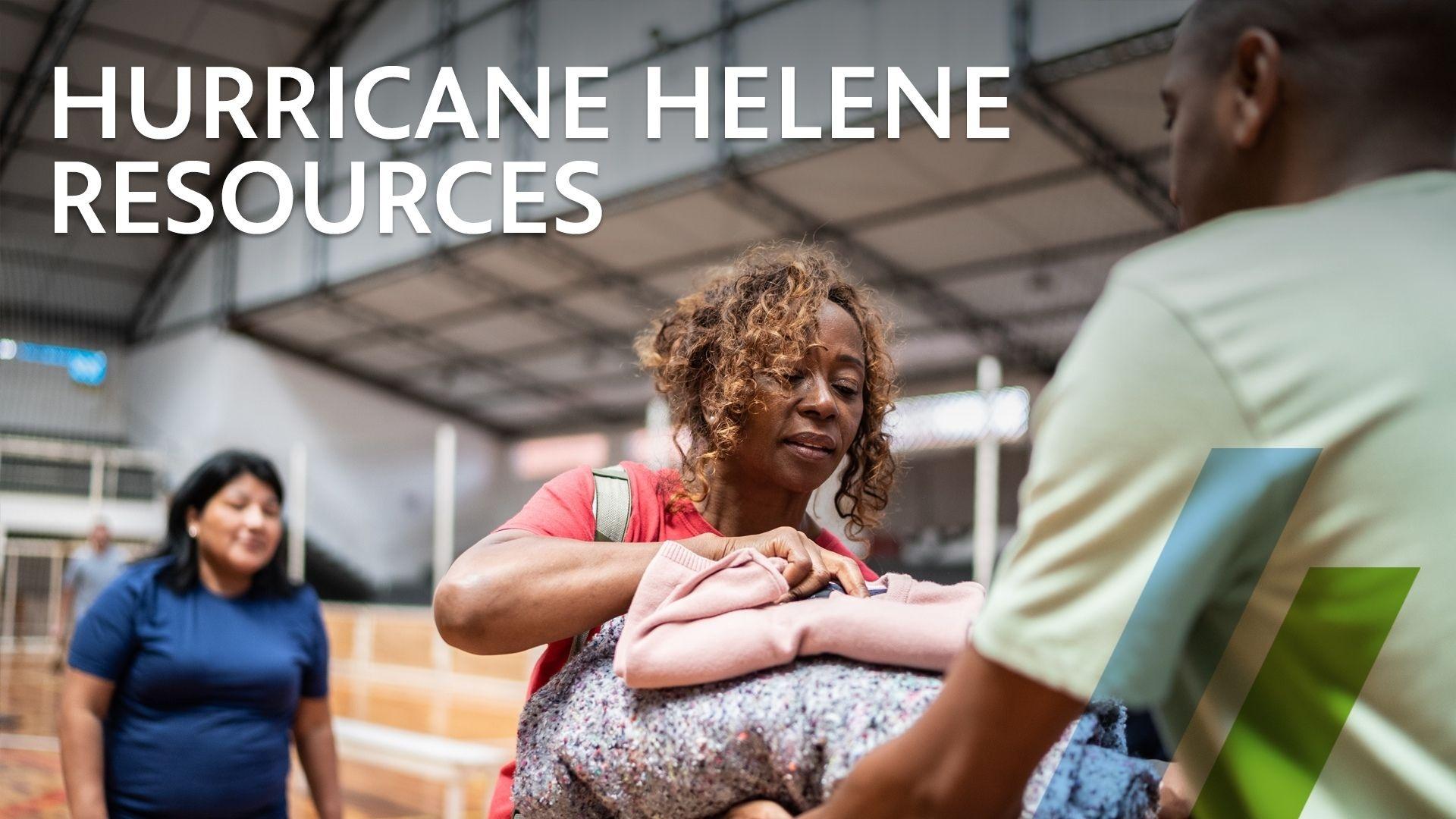Helene Leaves Medical Manufacturer in Western NC in Critical Condition
.jpg)
.jpg)
It’s a common sight whether you’re in a hospital or watching a medical drama on TV.
I’m talking about the bags of fluids hanging near a patient’s hospital bed with the clear plastic IV tube snaking to the patient’s arm. IV, or intravenous, fluids like sterile water, saline and fluids with carbohydrates are used all the time in hospitals, surgery centers, nursing homes and dialysis centers to carry medicine or simply provide hydration.
It turns out the Baxter International factory in Marion, North Carolina, about 35 miles east of Asheville, provides around 60% of the IV solutions used in the U.S. every day, according to Andrea Garcia, the American Medical Association’s vice president of science, medicine and public health. That’s about 1.5 million bags.
The plant, which is vital to the nation’s healthcare, suffered a direct hit from Hurricane Helene.
Fortunately, the plant was evacuated before the worst of the storm hit. And while it did not sustain any structural damage according to a statement from Baxter, the plant was closed as it was filled with water and left covered in mud. Bridges to the facility were also damaged.
The American Hospital Association reports the shutdown created a nationwide shortage of IV fluids and left hospitals scrambling to conserve their supplies. The Centers for Disease Control and Prevention has declared a health advisory.
Hospitals generally keep about a week’s worth of IV fluids on hand. That ensures they use all their supply, and the medications are fresh. It’s difficult for hospitals to stockpile because each liter bag weighs about two pounds.
For weeks, hospitals and health systems have been implementing protocols to conserve their supplies of IV fluids. For the most part, hospitals have been running at normal operations but are postponing some elective procedures.
Hospitals and healthcare systems are also getting creative to conserve supplies. Liquids like Gatorade and Pedialyte are being used when possible to keep patients hydrated.
In its statement, Baxter said, “Remediation efforts are already underway, and we will spare no resource—human or financial—to resume production and help ensure patients and providers have the products they need.”
Power and water are back on at the plant. Employees have completed a deep cleaning and are testing equipment. The company said it hopes to restart production in phases, but it has not announced when production will return to pre-hurricane levels.
The company is, however, working with the U.S. Food and Drug Administration (FDA) to authorize imports from Baxter plants in Canada, China, Ireland and Britain. The agency approved temporary shipments to help ease shortages.
To find more stories about Hurricane Helene as well as state and federal resources, visit pbsnc.org/hurricane-helene.

Our hearts are with the nearly 1 million residents impacted by the devastating effects of Hurricane Helene and all the first responders who are working hard on recovery efforts. PBS North Carolina is working with state and local officials to share critical information and resources.